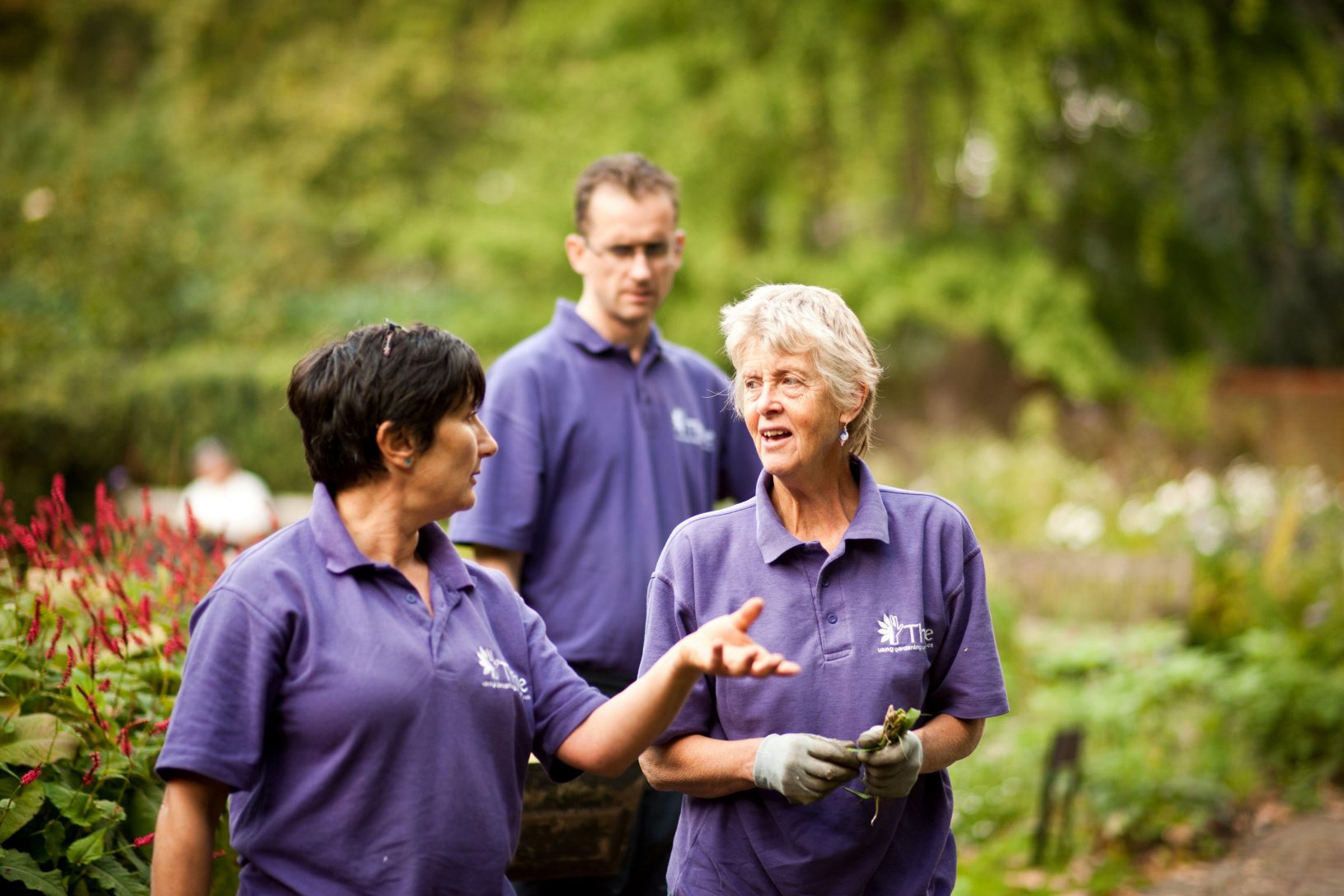
Background
In 2004, Thrive were involved in a large-scale survey of social and therapeutic horticulture projects in the UK. The results showed that around 25,000 people were accessing STH at least once a week at one of almost 1000 projects.
While it is unlikely that a great deal has changed since then, 2016 saw a real surge in interest from clinicians, researchers, policy makers, media and those of us who garden in every day life. What this shows is that the evidence is becoming harder and harder to ignore and the underlying mechanisms that make gardening so good for so many, better and better understood. New models of funding and changes to the structure of the health and social care systems mean that STH and other 'green care' interventions could play a very important role in promoting health and well-being in the coming years. Gardening as therapy is a low cost, holistic intervention that can provide a wide range of benefits with almost no side-effects.
You can find out more by exploring a small selection of the recent documents aimed at influencing policy below:
Careers and training in Social and Therapeutic Horticulture
Unlike other behavioural interventions such as occupational therapy or speech and language therapy, there is no College or professional register of horticultural therapy practitioners. This means that people find many different routes to career in STH and because of the diversity of STH provision in the UK, there is no one course or combination of skills that will cover everyone's needs. Each job or project will place a different emphasis on a combination of different skills.
That said, Thrive's extended learning opportunity Award in STH Programme Development is available for professionals and practitioners in green care settings.
